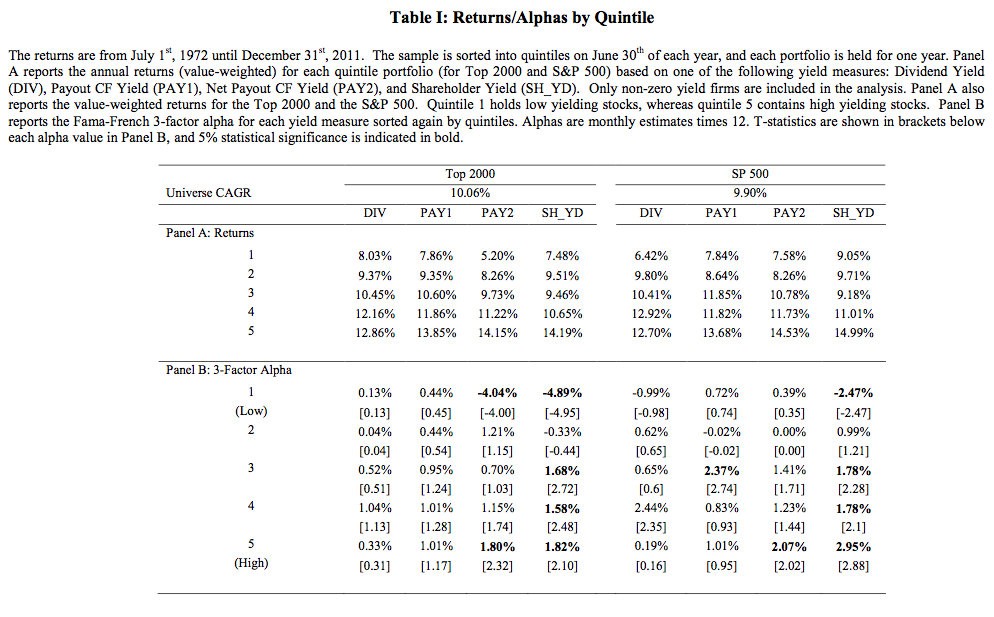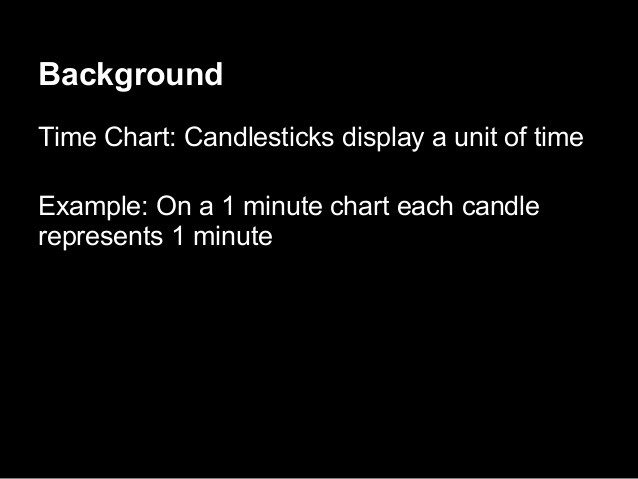What Are Dividends and How Do They Work
Post on: 16 Март, 2015 No Comment

What Are Dividends and How Do They Work?
By William R. Gergich, Registered Representative*
The website Law.com defines a dividend as the following: Dividend n. a portion of profit, usually based on the number of shares of stock in a corporation and the rate of distribution approved by the board of directors or management, that is paid to shareholders for each share they own. Dividends are not always paid in money, but can be paid in shares of stock, known as a stock dividend.
A company or a mutual fund that pays dividends can pay in a number of time methods – monthly, quarterly or annually are common. The dividend is most often quoted in terms of the dollar amount each share receives (dividends per share). It can also be quoted in terms of a percent of the current market price, referred to as dividend yield.
To be entitled to the dividend, a person must be the “Holder of Record” (the name of the person who is the registered owner of a security) on the “Ex-Date” (The date on or after which a security is traded without a previously declared dividend or distribution. If a person owns the stock/mutual fund on the Ex-Date, that person is entitled to the dividend when it pays out.)
So how does a dividend work for you? Let’s say you bought 100 shares of ABC stock. The company has a history of paying dividends. You own the stock on the “Ex-Date.” The company declares a dividend of $X per share. On the payment date, you will receive the amount of the dividend for each share you own. Let’s say the dividend is $1/share. By owning 100 shares, you would receive $100 on the payment date.

Dividends are based on a company’s profit. Dividends are NOT guaranteed. Once the company’s Board of Director’s declares a dividend, only then is the company legally bound to pay it. The Board may choose at anytime to discontinue the payment of dividends, reduce the dividend from previous levels, pay the same dividend, or increase the dividend.
Dividends are taxed either as ordinary income or as qualified dividends. In order to be taxed as a qualified dividend, the investor must have held the stock for more than 60 days during the 121-day period that begins 60 days before the ex-dividend date, as the IRS explains in Publication 550.
Dividends may help you meet your financial goals. Consulting with a Financial Professional can help in determining if this strategy is right for you.
*Securities and Investment Advisory Services offered through Ameritas Investment Corp. (AIC), Member FINRA/SIPC. AIC ,Creative Financial Partners and Great Lakes Credit Union are not affiliated. Not NCUA insured. No Credit Union guarantee. May lose value.














